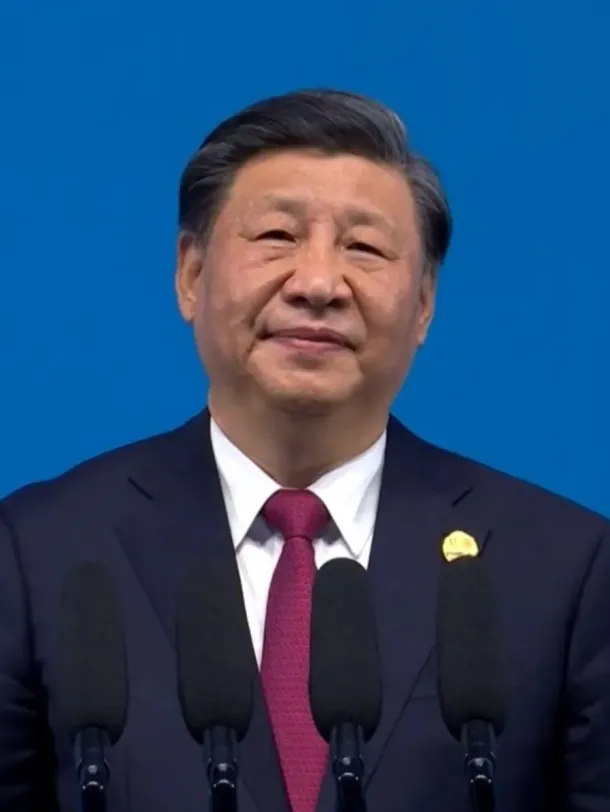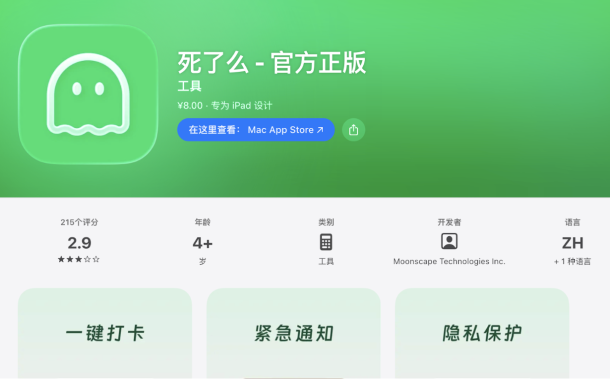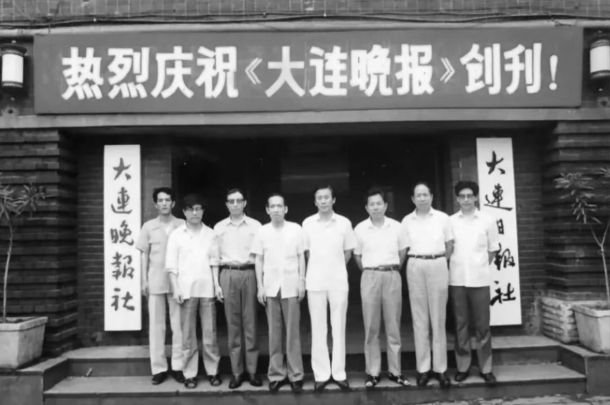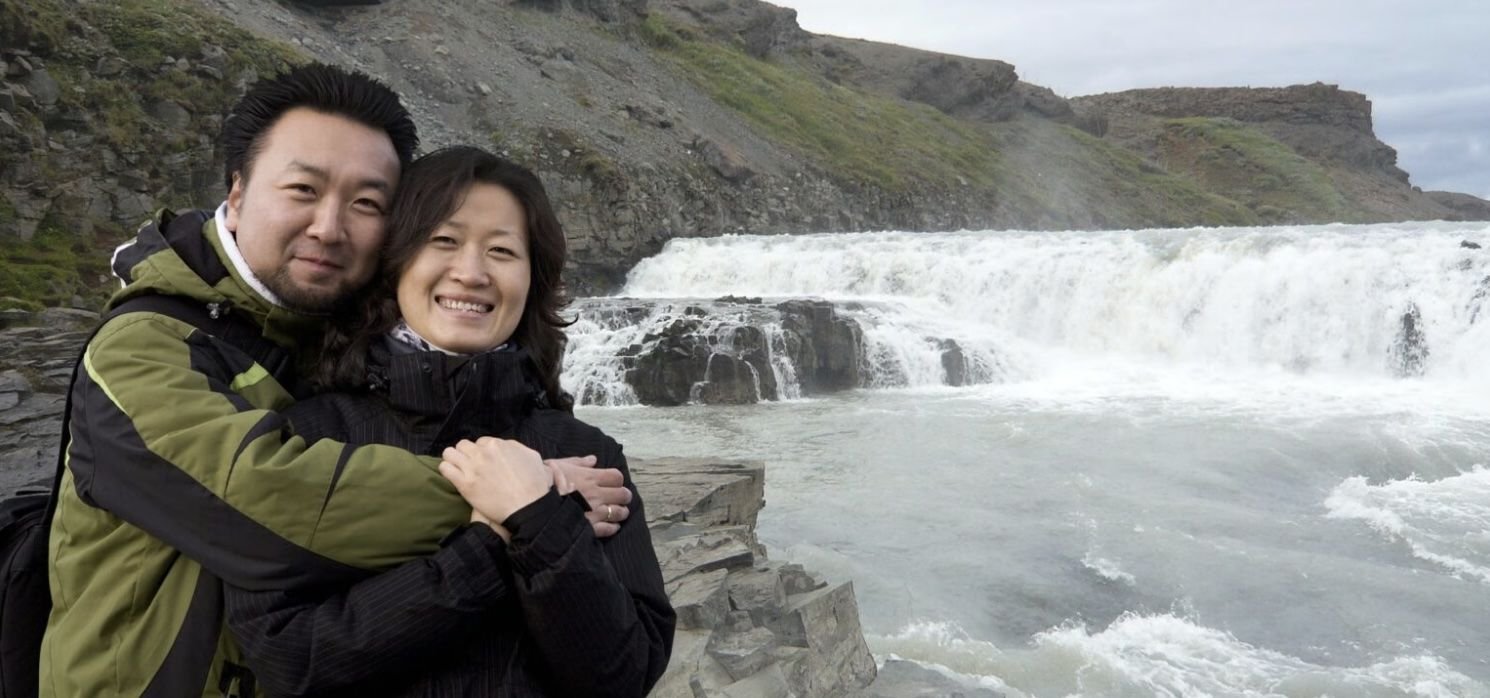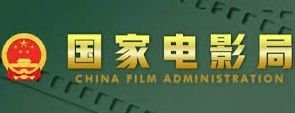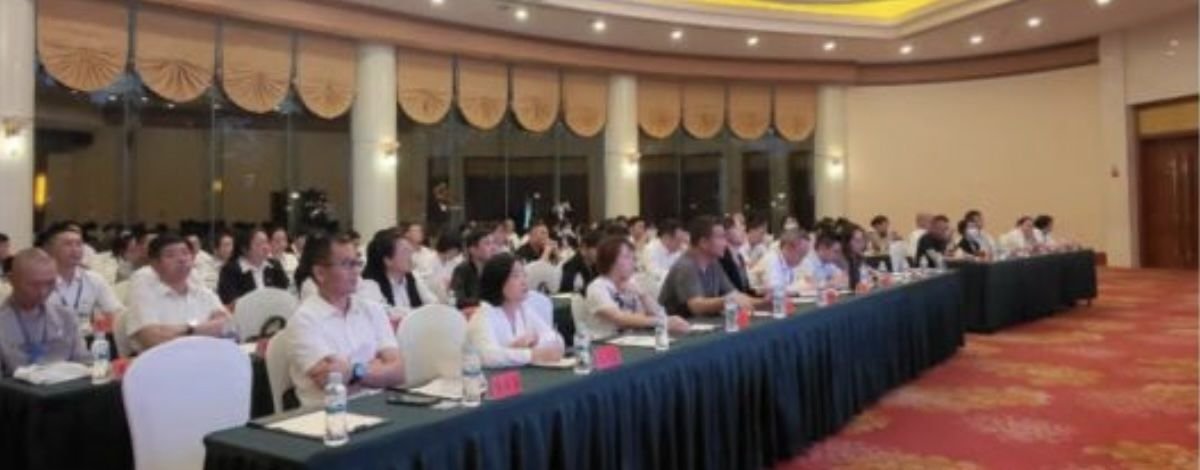The River Runs Black
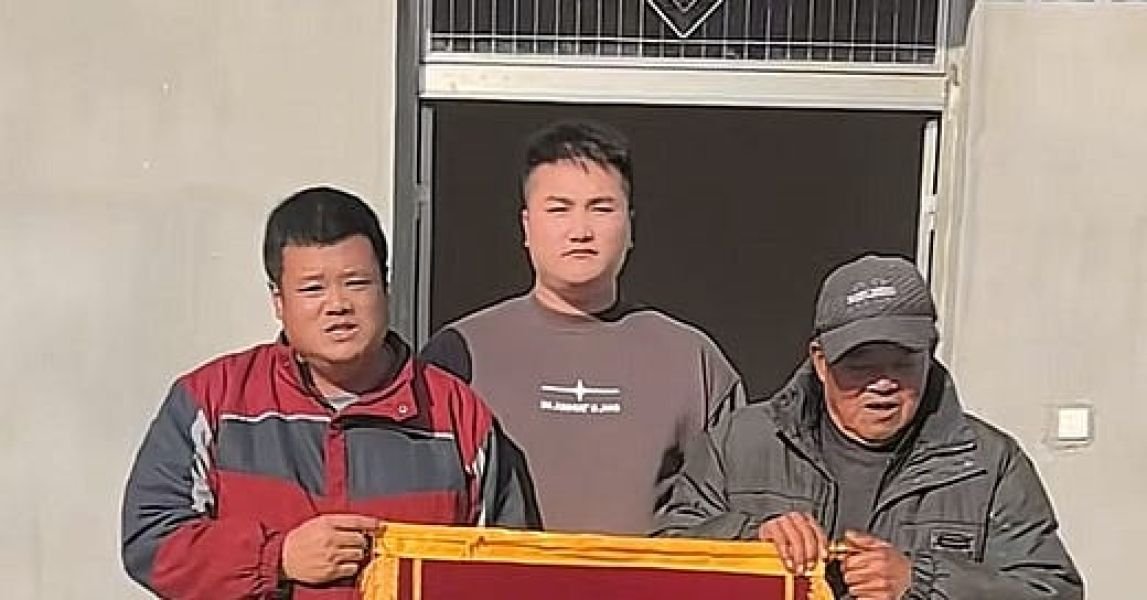
Wu Qiang (吴强), a citizen from the city of Lianyungang in northeastern Jiangsu province, was detained by police on April 11, just two days after posting on Weibo about “black, oil-like pollution” in the local Xinghai River (兴海河) as it passes through the Ganyu High-Tech Zone, home to a number of major manufacturing firms, including Roche Energy, headquartered in Shanghai. Wu was arrested on charges of “picking quarrels and provoking trouble” (寻衅滋事) — a charge often levelled at those carrying out acts of civil disobedience — and remains in custody. The river pollution case, not reported inside China, emerged last week on several social media accounts, including the Substack account Aquarius Era (水瓶纪元).
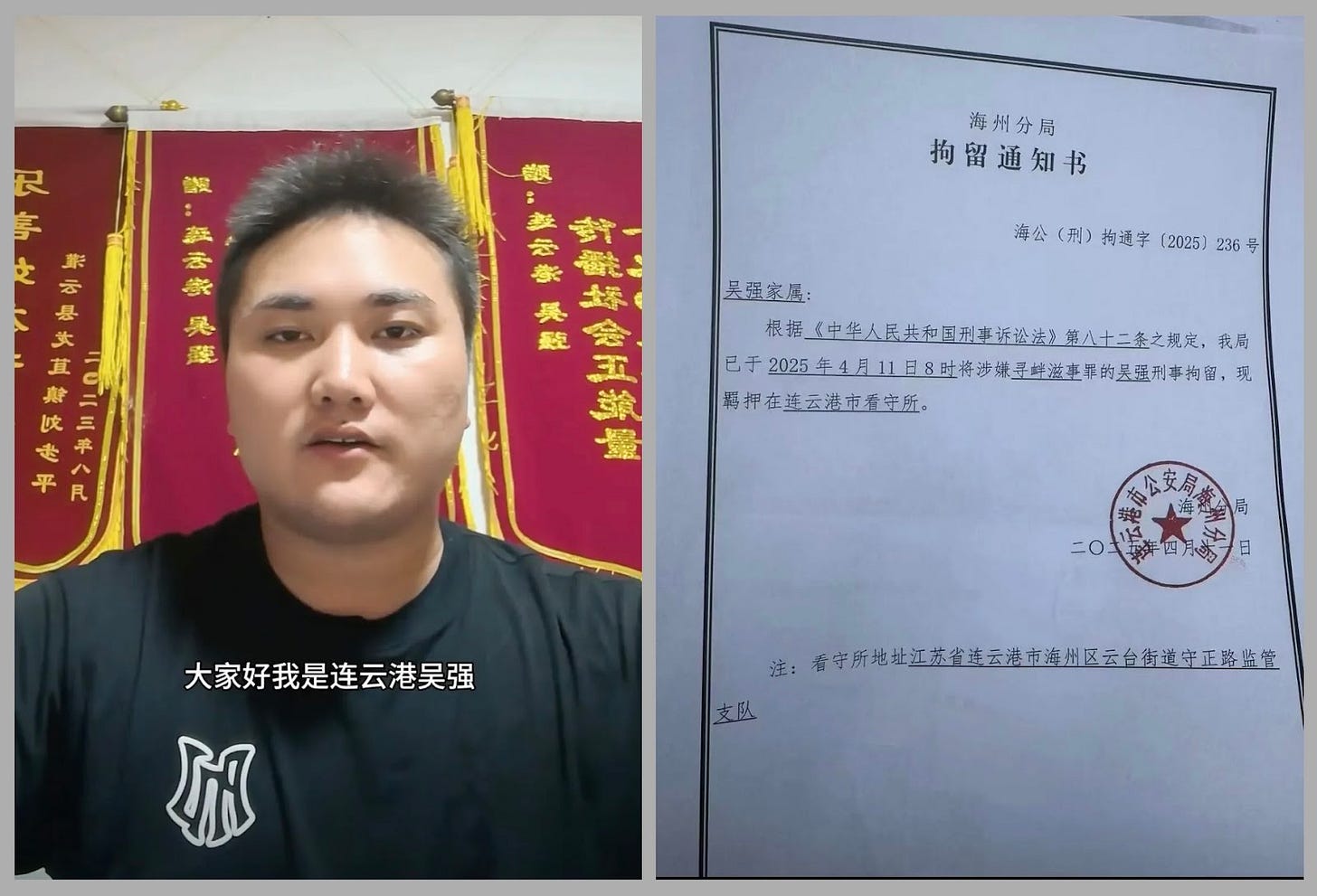
At left, Wu Qiang. At right, the detention letter issued by police in Jiangsu. SOURCE: Aquarius Era.

